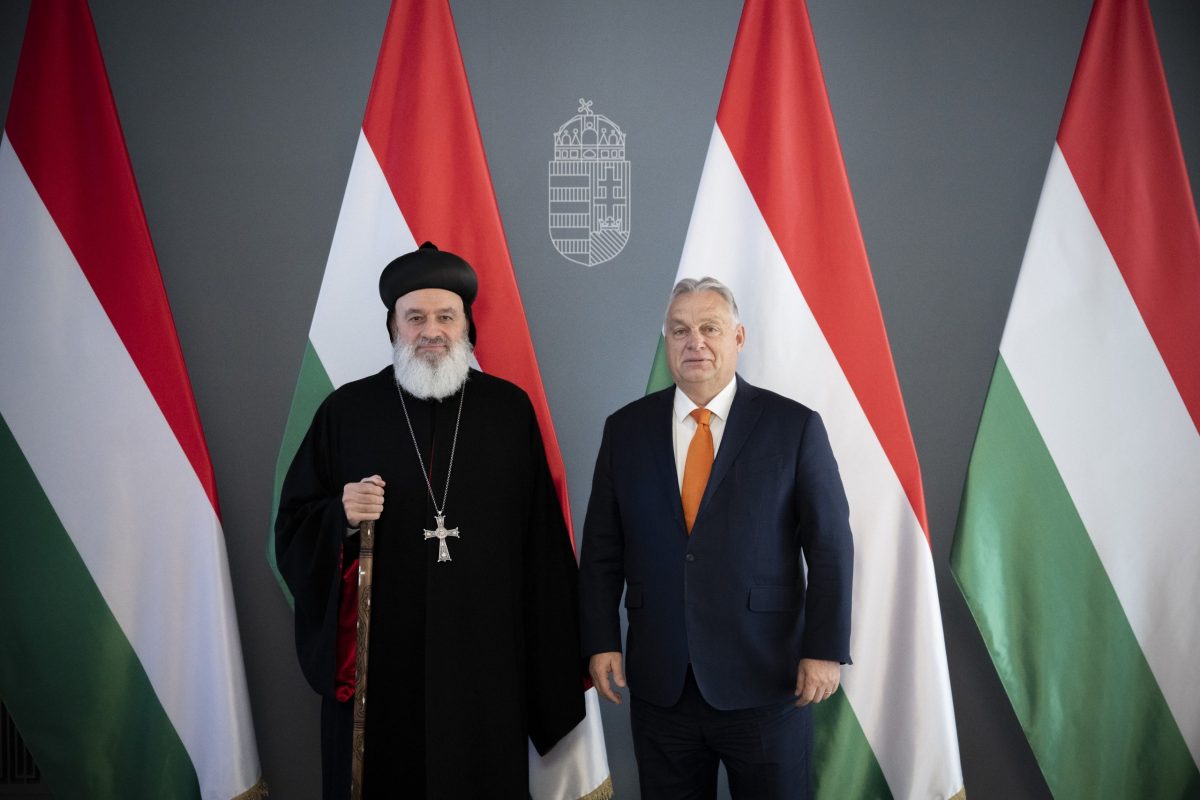
Secretary of State for the Hungary Helps Program, Tristan Azbej, also attended the talks.Continue reading

Hungary’s Minister of Foreign Affairs and Trade, Péter Szijjártó, announced that the Hungarian Embassy in Damascus has been closed due to escalating violence in Syria. Despite the turmoil, embassy staff are reportedly safe under the circumstances. To manage consular affairs, the Hungarian Embassy in Beirut has temporarily taken over, providing assistance to Hungarian nationals in the region, writes Index.
Minister Szijjártó emphasized on his Facebook page that Hungary remains committed to supporting stability in the Middle East, with a particular focus on providing humanitarian aid to Christian communities in the region. Despite efforts to contact Hungarians residing in Syria, no requests for assistance have been received so far. Emergency hotlines have also been activated for those in need.
The situation in Damascus took a dramatic turn as rebel forces reportedly seized the capital, prompting Syrian President Bashar al-Assad to flee to an undisclosed location.
Szijjártó highlighted Hungary’s interest in regional stability and reassured that steps were being taken to address the crisis.
President of Patriots for Europe Foundation and MEP András László also reacted to the escalation of conflict, cautioning European politicians not to get too excited about regime change in Syria. “We should be in close contact with Christians in Syria, and guarantee their safety!” the politician wrote on X.
“It could always get worse.”
European leaders shouldn’t get too excited about regime change in Syria.
✝️We should be in close contact with Christians in Syria, and guarantee their safety! pic.twitter.com/Ic3kIm2UaX— András LÁSZLÓ MEP (@laszloan) December 8, 2024
As the crisis unfolds, the Hungarian government remains focused on ensuring the safety of its citizens and maintaining its humanitarian efforts in the region. The embassy staff in Damascus will continue to operate remotely, with their safety being a top priority. Meanwhile, Hungary’s diplomatic mission in Beirut is working under extraordinary conditions to provide assistance to those affected.
Meanwhile, news broke that former Syrian President Bashar al-Assad is in Moscow and has been granted asylum in Russia, Russian state news agencies RIA Novosti and TASS reported, citing a Kremlin source. Moscow has always been in favor of a political settlement and considers it necessary to resume negotiations on a settlement in Syria under the auspices of the UN.
Earlier, the Russian foreign ministry said that Assad had decided to step down as president and leave the country as a result of negotiations with several participants in the armed conflict in Syria, giving instructions for a peaceful transfer of power. Russia was not involved in these negotiations.
Via Index, MTI; Featured image via Pexels